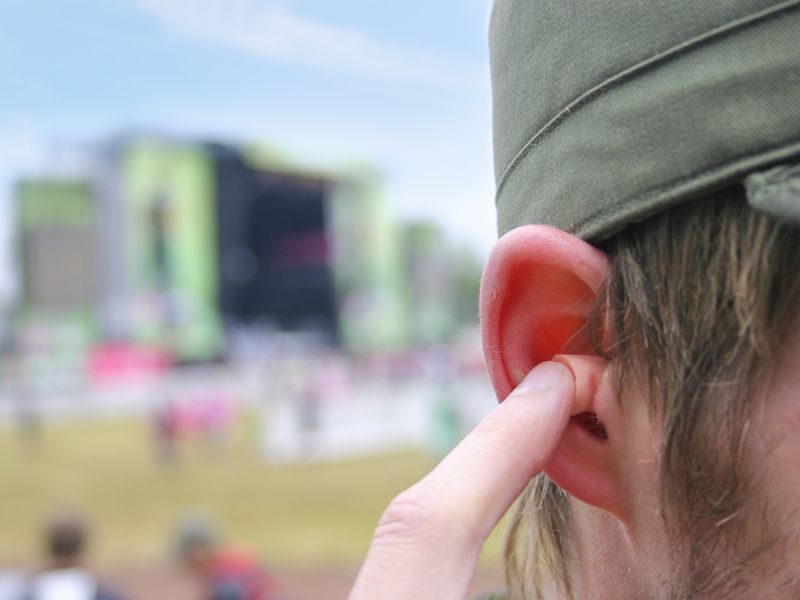
If you’re subjected to loud noises, say running a lawnmower in your backyard, going to an arena to see your favorite band play, or simply sleeping in your own bed next to a snoring spouse, earplugs may be practical. In the first two circumstances, they can help protect your hearing by turning down the volume. In the last situation, they lower the decibels plus help save your peace of mind (and possibly your relationships) by permitting you to get a good night’s sleep. But is your hearing being injured by these protectors?
What’s The Purpose of Using Earplugs?
The argument for earplugs is quite simple: Properly used, earplugs can help safeguard your ears by minimizing your exposure to excessive decibel levels. Maybe you’ve observed that your hearing sounds different when you leave a loud venue, for instance, a football game with a noisy crowd, and you could also experience symptoms of tinnitus. Those little hairs are bent by this sort of noise exposure and that’s the reason why this happens. It often goes away within a day or two, because the hair cells have recovered.
But if you’re exposed to extreme decibels continually, for instance, if you work on a construction site or at an airport, the aural attack on those tiny hair cells is relentless. As opposed to recovering after bending, the cells are damaged permanently. you have about 16,000 of those little cells inside each cochlea, but up to 50% of them can be destroyed or at least injured before you would see the change in a hearing assessment.
Is it Possible That Your Hearing Could be Damaged by Earplugs?
With regards to protecting your ears, it seems like it would be obvious to wear earplugs. But if your exposed to loud noises on a day to day basis, this seems to be even more obvious (like on the job or when your spouse snores as mentioned), over-the-head earmuffs or noise-reducing (but not completely stopping) headphones are a smarter option. Earplugs aren’t well suited to everyday use but are better suited to one time occasions such as a sports event or a concert.
Why? For one, earwax. Your ears produce wax to defend themselves, and if you’re frequently wearing earplugs, more earwax will be generated, and the earplugs will push it in further. Tinnitus and other complications can be the result of impacted earwax.
Ear infections can also result from too much use of earplugs. They can become bacteria breeding grounds if you wear the same pair without proper cleaning and disinfecting. Ear infections are, at the very least, a painful irritation. If neglected, in the worst situations, they can cause an ear infection.
How Can You Safely Utilize Earplugs?
Earplugs still have a strong positive, whether it’s protecting your hearing or enjoying a peaceful night’s sleep. Using them in the proper way and using the correct kind is the key to success. Foam earplugs are the least expensive, which is good because you really should not use them more than once, the cushy, porous material is a germ’s haven. Silicone or wax earplugs are reusable, but you have to keep them clean, use warm water and mild soap to clean them, and don’t put them back in your ears until they’re completely dry. It’s also a good plan to keep earplugs in a ventilated container to discourage humidity, or worse, mold or bacteria, from accumulating.
If you want or need to wear earplugs on a regular basis, you might want to consult us about having custom-made earplugs. They’re comfortable since they’re crafted from molds of your ears and they’re reusable. But it’s crucial not to forget, smart earplug hygiene can stop hearing damage.
